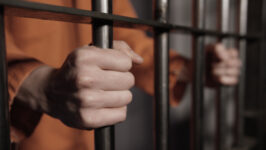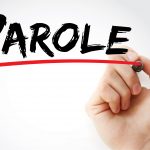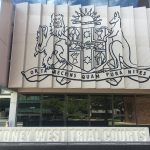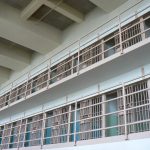Queensland Set to Introduce Nation’s Toughest Parole Laws

Queensland is set to introduce “Australia’s toughest parole laws” which could prohibit child and serial killers from being granted parole.
What is parole?
Those who are sentenced to a substantial term of imprisonment are generally prescribed a ‘non-parole’ period (also known as a ‘minimum term of imprisonment’) which is the shortest period of time the person is required to spend behind bars, followed by a ‘parole period’ which is a period of time during which the person may be eligible for release into the community on a range of conditions.
Those who are released from prison during the parole period are said to be ‘on parole’, and determinations regarding parole are made by various Parole Authorities and Parole Boards across the nation.
The proposed new laws
However, under the proposed laws the President of the Parole Board Queensland (PBQ) would have the power to prevent certain serious offenders from being released on parole for up to 10 years into their parole periods.
The President would have the power to make these declaration irrespective of whether the inmates might otherwise be eligible for release on parole.
Significantly, the President would be able make an unlimited number of declarations, meaning inmates could be kept in prison for the full term of their sentences – which can be as long as for the terms of their natural lives.
Presumption against parole
Furthermore, the legislation would introduce “a presumption against parole for serious offenders”, which means that the onus will fall on inmates who are considered “the worst of the worst” to prove they do not pose a threat to the community before they are even considered eligible for parole.”
As examples, authorities have cited Barrie Watts, who killed 12-year-old Sian Kingi in 1987, as well as Brett Peter Cowan who abducted and murdered 13-year-old Daniel Morcombe.
The presumption would also apply to those convicted of terrorism offences.
Queensland Premier Annastacia Palaszczuk says the laws will target those who commit “the most evil crimes”, and reduce the trauma experienced by victims’ families every time an offender is able to apply for parole.
Concerns
However, civil liberties advocates warn the laws could have serious implications.
In that regard, the Queensland Council for Civil Liberties says that “if the state wishes to deprive a person of their liberty, they should be required to establish the basis upon which it’s being done, not the other way around”.
The Council argues that parole decisions should always weigh up the nature of crimes alongside an inmate’s path to rehabilitation, rather than impose a ‘blanket rule’ or a power that is at the whim of a single person.
The wrongly convicted
There are also considerations for how the laws could affect those who are wrongly convicted of crimes.
There are at least 70 published cases of people who have languished in Australian prisons serving time for crimes they did not commit, but because numbers are difficult to obtain, let alone substantiate, the real figures are almost certainly much higher.
The move towards a presumption against parole and decisions without due and proper process by a single person, civil liberties advocates argue, goes against fundamental human rights and the rule of law.
The draft laws will be tabled in Queensland Parliament when it sits again later this year, before being sent to a parliamentary committee.








